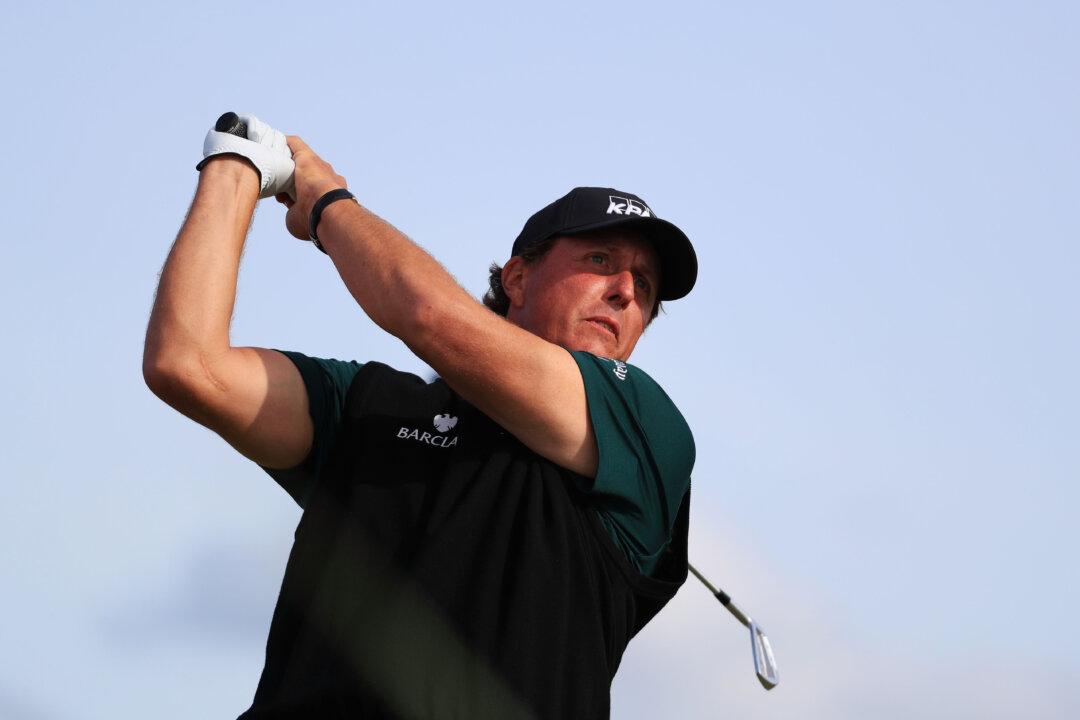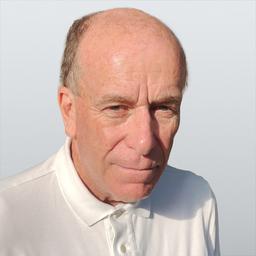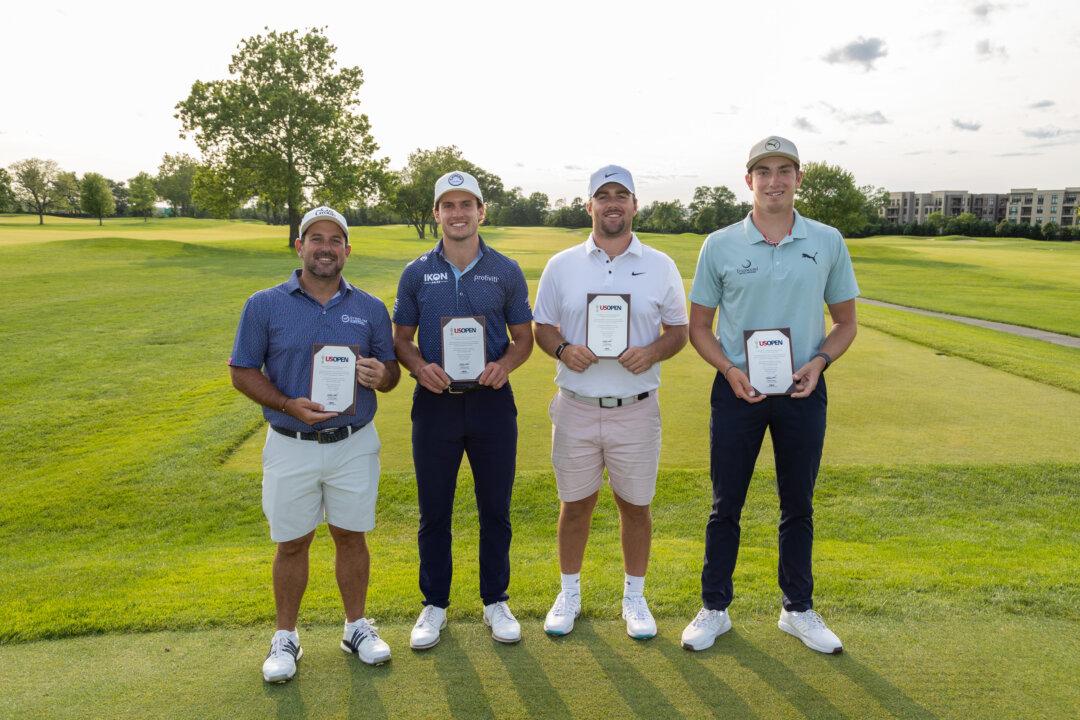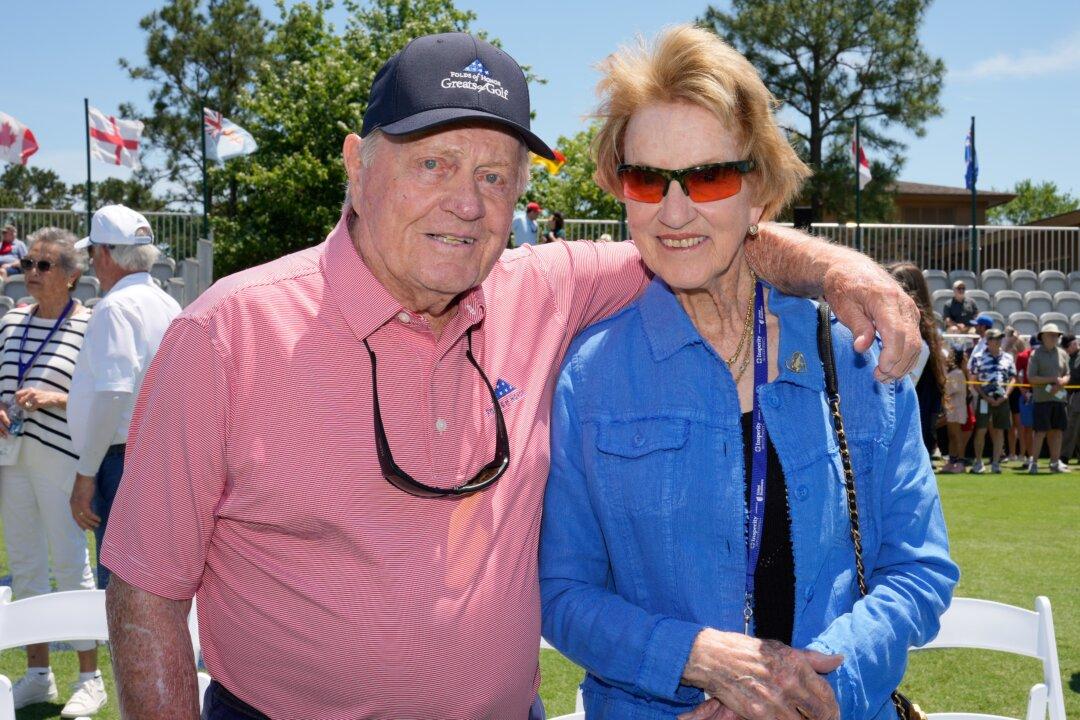TROON, SCOTLAND—At five feet away it appeared a new 18-hole scoring record for a major championship would come to past. Within a second -- the ball dipped into the cup only to re-emerge finishing on the lip of the hole. For Phil Mickelson the 16-foot birdie try at the 18th hole during his first round in the 145th Open Championship at Royal Troon made for a brilliant day of top tier shotmaking -- eight birdies against no bogeys. The 63 that nearly was a 62.
Since 1973 when Johnny Miller fired a final round 63 to win the US Open at Oakmont -- 26 other golfers have tied the 63 figure. Some have had good opportunities to reach 62 but none was able to do so. Jack Nicklaus missed a putt just inside 3 feet for a 62 in the 1980 U.S. Open at Baltusrol. Greg Norman had to only two-putt from 30 feet for a 62 at Turnberry in the 1986 British Open and took three putts. Tiger Woods Tiger watched his 15-foot putt for 62 spin 270 degrees around the cup in the 2007 PGA Championship at Southern Hills. Nick Price’s birdie putt for a 62 in the 1986 Masters dipped in and out of the cup.






